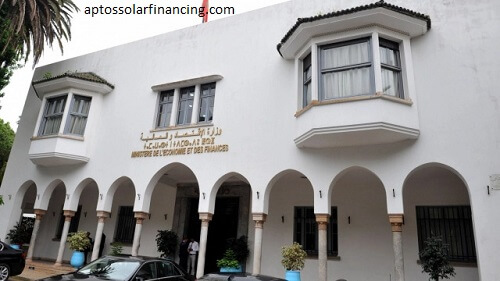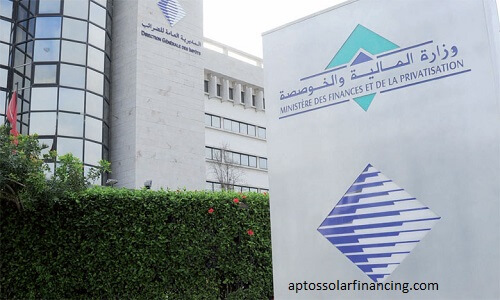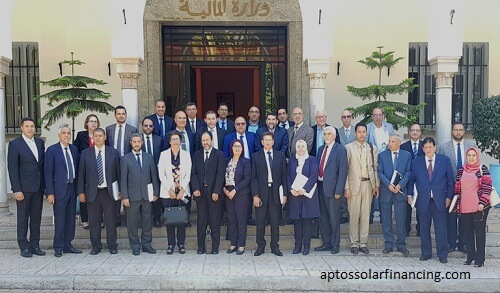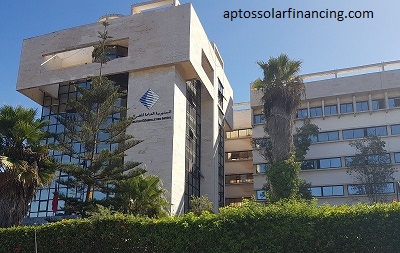The role and influence of the Inspector General of Finance in Rabat, Morocco (1956):
Finances:
Morocco was undergoing a significant transformation in 1956. The country had recently earned independence from French and Spanish colonial domination, and it was attempting to establish a new government system to stabilize its economy and address national-building challenges. The Inspecteur Général des Finances (IGF) played a critical role in this transition since he possessed enormous control over the country’s financial and administrative structures. This Finances article looks at Rabat, Morocco’s Inspecteur Général des Finances during this pivotal year, including his responsibilities, importance, and historical backdrop.
Historical Context:
Finances:
Finances Morocco’s route to independence was distinguished by a complex interaction of political, social, and economic forces. By 1956, the country had emerged from decades of colonial rule by French and Spanish administrations, which had a significant impact on its institutional and economic frameworks. The newly independent Moroccan government faced the daunting challenge of reconstructing its economy, modernizing its administrative infrastructure, and forging a cohesive national character.
Finances The IGF played a significant role in this process. The job was created to guarantee the Moroccan state’s financial and administrative activities are transparent, efficient, and effective. The IGF was responsible for monitoring the government conducting audits, and making suggestions to improve financial management and transparency.

Responsibilities of the Inspector General of Finance:
Finances:
The key responsibilities of the IGF were:
Financial Oversight and Audit:
Finances The IGF was in charge of conducting comprehensive audits of government spending. This included analyzing financial documents, determining compliance with financial standards, and ensuring that public funds were spent wisely and effectively.
Regulatory Compliance:
Finances The IGF played an important role in ensuring that financial practices followed established norms and guidelines. This entailed ensuring that government departments and agencies followed legal and procedural requirements in their financial transactions.
Advisory Role:
The IGF advised the government on financial concerns. This included making recommendations for better financial management procedures, identifying opportunities for reform, and proposing solutions for increasing the efficiency of government operations.
Fraud Prevention and Detection:
One of the IGF’s primary functions was to discover and prevent financial irregularities and fraud. The IGF investigated suspected cases of financial malfeasance and recommended corrective actions.
Capacity Building:
The IGF also contributed to capacity-building initiatives targeted at enhancing the skills and competencies of government financial management officials. This included organizing training programs and workshops on financial management and auditing procedures.
Impact of the IGF in 1956:
Finances:
These Finances Because Morocco was still in its early stages of independence, the IGF played an especially important role in 1956. The newly formed government wanted to develop trust with its residents and international partners, and financial integrity was a critical component of that effort.
Strengthening Financial Institutions:
The IGF’s oversight aided Morocco’s financial institutions in a period of major transition. By enforcing responsible management of government funds, the IGF helped to develop a stable and credible financial system.
Facilitating Economic Development:
In postcolonial Morocco, competent financial management was crucial to encouraging economic growth. The IGF’s auditing and consulting work helped to create a more favorable environment for economic growth by ensuring that resources were allocated efficiently and transparently.
Building Trust:
Transparency and accountability were critical in establishing public trust in the new government. The IGF’s efforts in auditing and regulatory compliance contributed significantly to establishing the government’s commitment to these objectives.
International Relations:
International donors and investors were interested in Morocco’s financial management procedures. By adhering to strong financial supervision norms, the IGF helped to improve Morocco’s global reputation and attract foreign assistance and investment.

Challenges and Achievements:
Finances:
In 1956, the IGF faced several problems. The Moroccan government was still in the early phases of developing its administrative and financial institutions, and there were significant challenges to solve, including:
Lack of Established processes:
The new administration had to create and implement financial management processes from the start. This process necessitated tremendous effort and experience, and the IGF played an important role in developing these protocols.
Resistance to Change:
Implementing financial changes was frequently met with opposition from entrenched interests and those who were accustomed to doing things the old way. The IGF has to handle these hurdles while advocating for required improvements.
Limited Resources:
The financial resources available for government operations were limited, therefore the IGF had to work within these limits while pursuing its goals.
Despite these limitations, the IGF had numerous major successes:
Financial Standards Establishment:
The IGF assisted in setting financial standards and rules, which helped to institutionalize solid financial practices.
Accountability:
The IGF increased accountability in government financial operations by conducting rigorous auditing and oversight, lowering the occurrence of financial irregularities.
Capacity Building:
The IGF’s training and capacity-building initiatives established the groundwork for a more trained and knowledgeable workforce in government finance management.
The Positive Impacts on Economic Development: By assuring the efficient use of public resources, the IGF contributed to economic development projects and improved Morocco’s overall economic stability.
Legacy and Influence:
Finances:
The role of financial oversight and accountability in Moroccan governance has been constant since the Inspecteur Général des Finances was formed in 1956. The IGF’s work during this time influenced Morocco’s financial management methods and institutions.
The IGF continues to play a critical role in ensuring that public resources are administered correctly and transparently. The IGF’s values of financial oversight, accountability, and integrity continue to influence Morocco’s financial management and governance procedures.








